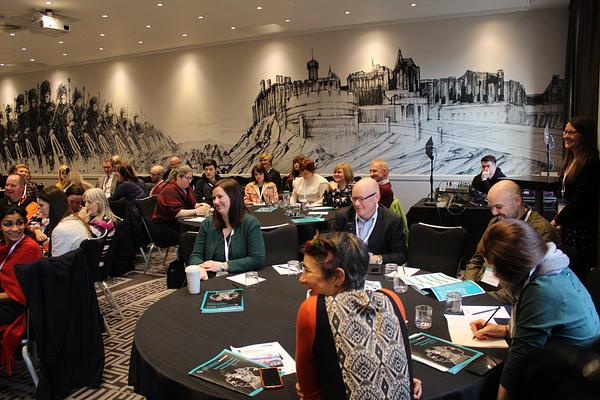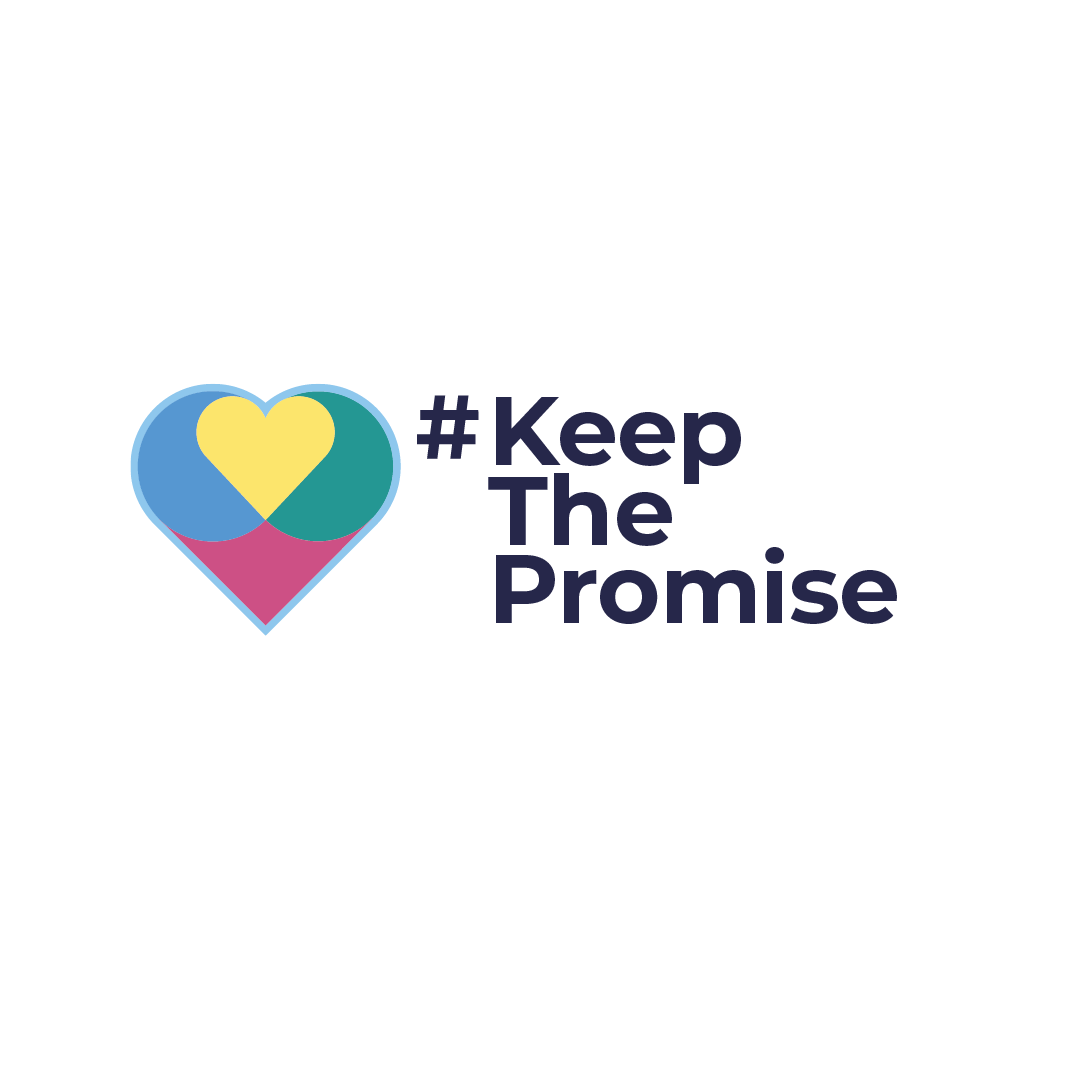Love is all you need…
06 Apr 2020 By Ewan Aitken, Cyrenians

Today we are faced with a unique, confusing and downright scary global crisis. We are living in uncertain times, but one thing that is certain is the importance of human relationships.
Here at SCCR, we work to resolve conflict in the home and maintain relationships between family members to reduce youth homelessness. Presently, many families will be “locked down” together which increases the amount of time they all spent under one roof and thus, could exacerbate an already stressful environment and the chance of conflict.
Relationship dynamics between family members can be challenging at any time, however, this is an exceptional and particularly testing situation. When families are quarantined together, personalities can clash and disagreements can feel heightened, which is why we encourage people to use our resources to find ways to better communicate when things feel tough.
In his blog below, Cyrenians CEO Ewan Aitken, reflects on his experience at the SCCR 10th annual conference held earlier this year, at which he gave a speech about the infinite value of human love and relationships. The power of showing and receiving love on one’s wellbeing and quality of life cannot be underestimated. A sentiment we all need reminding of during these difficult times.
Earlier this year, I spoke at the 10th anniversary conference of our Scottish Centre for Conflict Resolution (SCCR) – ‘The Faces of Transition’. It was a great day shared amongst colleagues and friends from across the sector, as well as guests from far and wide, to reflect on how we might tackle conflict, one of the main triggers for homelessness. My grateful thanks and congratulations goes to the colleagues and collaborators who worked so hard to make the day so special.
In Scotland alone, family conflict accounts for over 4,000 young people becoming homeless every year – the equivalent of the number of students in around four secondary schools.
We know that, if you live in a household struggling to get by, you’re more at risk of strained relationships and conflict – the stress of financial and social worries feeling unmanageable. Things can spiral out of control, and relationships become fractured. The young people that leave will then live an insecure, transitory existence; sleeping on sofas, in and out of institutions, or on the streets.
The impact on the outcomes for those experiencing homelessness – on health and wellbeing, on educational and employment prospects, on life expectancy – is profound, and deeply unjust.
We have to see homelessness from this wider perspective – one that takes into account the whole story of individuals, how the various aspects of their lives relate to one another, and how they relate to wider social structures. This is not an isolated issue.
One particularly poignant moment for myself on the day of our conference was hearing Callum Hutchison from the Violence Reduction Unit talk. He described a turning point in his life, as a result of the simple act of one person reaching out to another and saying ‘is there anything I can help you with?’ He could not, as he put it, remember the last time someone reached out to him like that.
I thank him for generously sharing his story. Callum now works with the organisation that ‘intervened’ with him that day, and described their ethos as this – ‘we don’t do things to people. We do things with people’. This is exactly how we work at Cyrenians, because we know that it works.
In Cyrenians, core to our way of working is Carl Roger’s principle of ‘unconditional positive regard’ – unconditional; seeing and accepting the person, the human being before us without judgement; positive; accepting with warmth and care; regard; seeing all of someone’s story as theirs to hold and share as part of a growing relationship not ours to use as a prism to see them through.
Its hard work. It’s really challenging and requires us each to be resilient, to nurture our resilience and be rooted in our values. But one of the ways I think we can make it easier on ourselves is not to just describe it or understand it as a theory of practice or a way of working but simply and first and foremost as an act of human love. Because when we know we are loved and that our love for others is accepted we can truly flourish and be fully human.
We have some of the most progressive housing legislation in the world in Scotland – but we’re falling short on preventative work, and more needs to be done. It’s why we as an organisation put so much work into resolving conflict through the SCCR, and our mediation and support services – among many other projects.
While I’m proud to lead an organisation dedicated to tackling the causes and consequences of homelessness – that understands the importance of early intervention and prevention – I’m even more proud and humbled to work with a whole community of people who share that aim, and engage in that hard work, with real passion and genuine love.
To find out more about the conference, visit: https://scottishconflictresolution.org.uk/conferences/conference-2020





